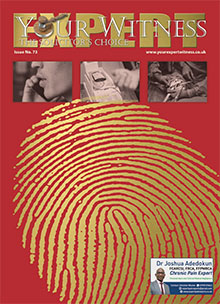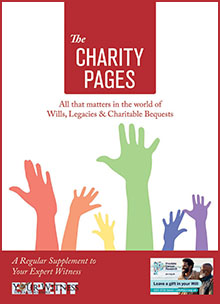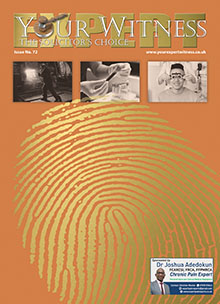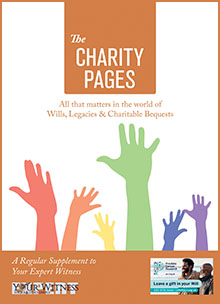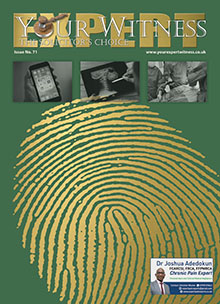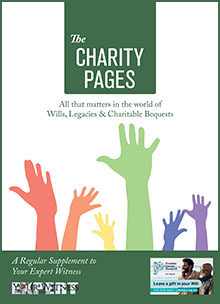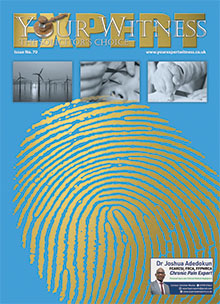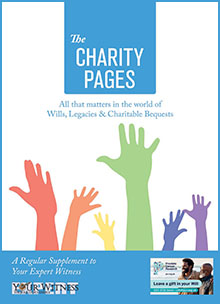On 30 March 2011 the Supreme Court decided in the landmark case of Paul Wynne Jones v. Sue Kaney that the immunity enjoyed by expert witnesses from being sued for professional negligence or breach of contract in civil proceedings was to be abolished.
The concept of ‘Witness immunity’ has existed for nearly 400 years and in its modern form for more than a century and the decision by the Supreme Court marks a substantial departure from the existing law, rendering all experts, from accountants through to vets, potentially liable for their own mistakes or errors.
One of the main reasons why the Courts previously held that an expert was immune from civil proceedings was to allow an expert to put forward his or her opinion on a “warts and all” basis and without fear of being sued. The Courts took the view that the expert would be pray to a proliferation of claims by disgruntled and unsuccessful litigants if immunity was removed. However, after carrying out a review of the case law, the Supreme Court came to the conclusion that there was no justification for expert immunity to be continued.
Lord Phillips, who gave the leading judgement in the case, concluded that removing immunity was unlikely to have any “chilling effect” in deterring expert witnesses from giving evidence at all.
But, now that there has been a change in the law, should this be of concern to clients’ solicitors and experts alike involved in providing litigation evidence?
It is submitted that this should not be so, for a number of reasons. First of all, experts already recognise that if they are to establish a successful reputation in their field, they will have to provide opinions in writing and under cross examination in the witness box, which must be justified and supportable. Furthermore, experts understand that they must embrace the highest standards of ethics, training, education and risk management, which will include a decision whether or not to take the case on in the first place. No expert worth his or her salt will want to be remembered for their lack of independence, unjustified opinions or poor performance in Court, so this will be central to their focus, rather than any questions of liability.
Moreover, most experts know and accept the risks providing expert opinions for use in Court cases and will insure against that liability generally. Whilst it is possible that the decision in this case might lead to more expensive insurance premiums as a result of the enhanced liability which this case supports, most experts are likely to regard any additional expense as an incidence of business practice, and endure this with reasonable equanimity.
Although in one sense the decision in the case marks a substantial change in the law by allowing such claims against experts, we would anticipate this case will not “open the floodgates’ to claims against experts and that there will be very little further activity in relation to claims in the foreseeable future, particularly if experts continue to embrace the highest professional standards.



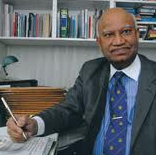 “Speculate before you accumulate. I am a long term regular writer and advertiser in 'Your Expert Witness - the Solicitor’s Choice'. This investment pays me substantive dividends; I get more Expert Witness work with every issue. Not only solicitors and barristers but also judges seem to read it. It is a win-win situation. Success breeds success; I must continue to write and advertise.”
“Speculate before you accumulate. I am a long term regular writer and advertiser in 'Your Expert Witness - the Solicitor’s Choice'. This investment pays me substantive dividends; I get more Expert Witness work with every issue. Not only solicitors and barristers but also judges seem to read it. It is a win-win situation. Success breeds success; I must continue to write and advertise.”












